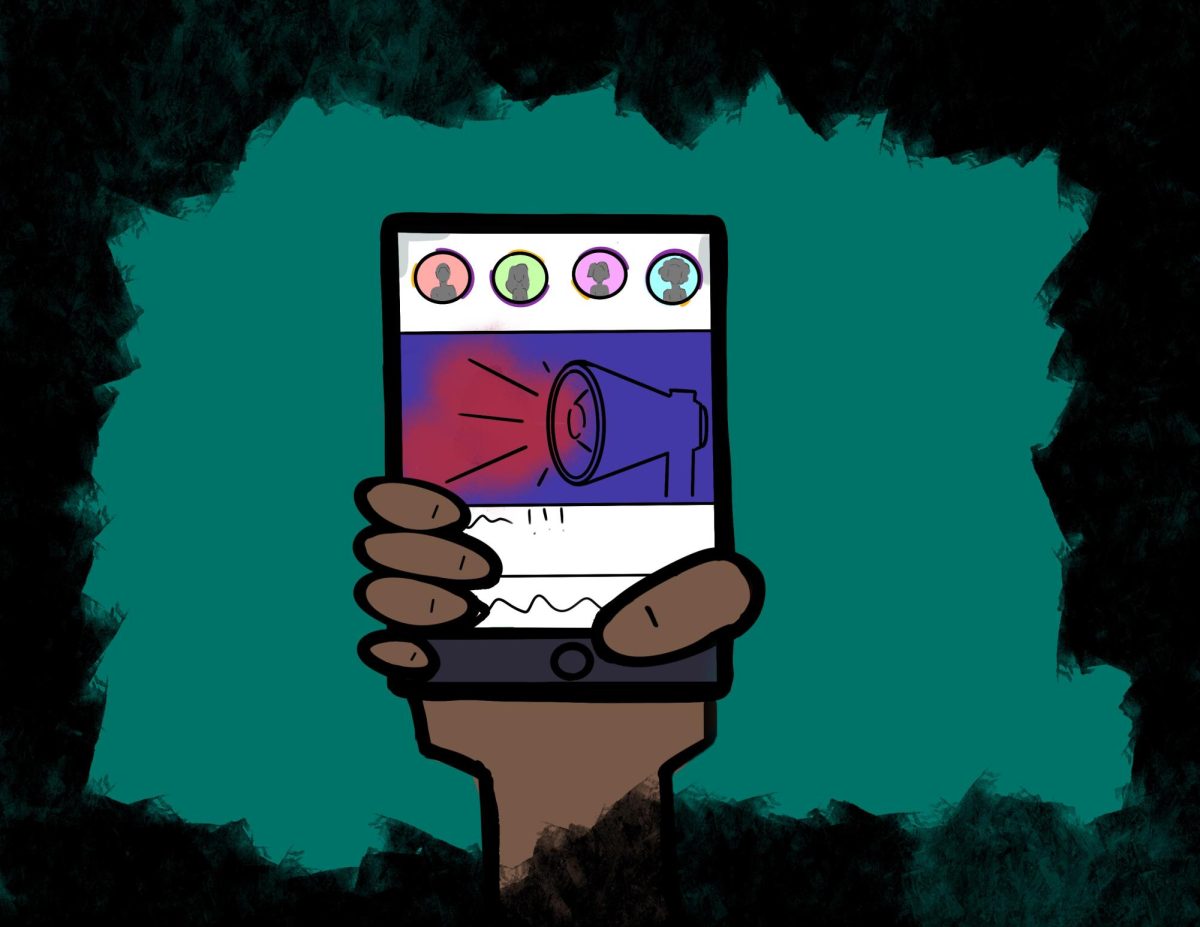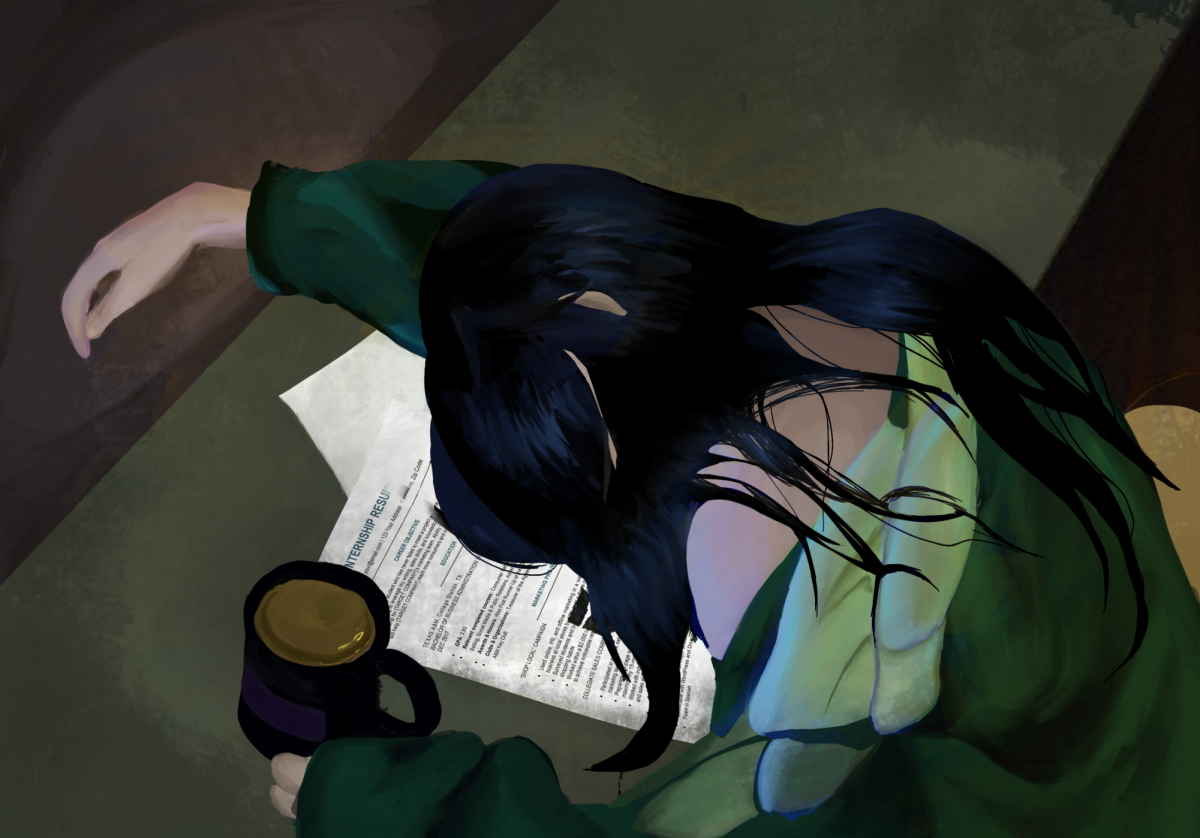In this day and age, having a Facebook account is almost mandatory, much like having an email account or a phone number. It’s no longer just “social” media, but used for important communication between teams and groups.
For instance, many of our school clubs have Facebook groups that are used to contact members about upcoming meetings and events. On Club Day, certain groups included a section where you could indicate whether you had a Facebook account or not. Students collaborate on projects using social networking sites as well as Google Drive, which requires its own account. The fact is, having an online account is essentially required in the life of the modern student.
While I was never a huge social networking fan, I have adapted to this policy, which keeps students constantly in contact and updated.
It may or may not be a good thing.
On one hand, it is much easier to work on projects and collaborate. Many Cougars, including myself, participate in extracurricular activities, which can make it difficult to find a time to meet up and discuss a project. The solution? A shared document on Google. This can be accessed any time or place, as long as you have a computer, which is especially convenient for the students who can’t drive.
If there is a need to change a portion of the assignment the night before its due, the group can quickly communicate and make these changes that night instead of meeting in the library the lunch period right before class.
Furthermore, club leaders can quickly contact other members of the club if last minute changes come up, as well as inform them of upcoming events. This is particularly useful for large clubs with several dozen members from various grades.
In a fast-paced world, fast-paced communication is necessary. This is can reduce the hassle and frustration of a group project. However, it can also increase the level of stress, as it forces students to constantly check social media. There is something to be said about finishing a project in the library and going to sleep not worrying about a last-minute change to the presentation.
Some of us are dependent on sites like Schoolloop for homework, test dates, grades. Panic can set in if assignments aren’t posted online (back in my day, we all stressed when teachers would say, “Check Blackboard,” only to discover the site was down). My friends and I would wait through all of 7th period, tense and anxious, as we waited for our tests to be posted. Although I find it convenient to be able to see my grade posted online, there are times it can be alarming.
Social media sites can also make the prospect of leaving home less frightening, as kids can contact their parents in seconds using Skype or Facetime. College bound students have also used Facebook to get in contact with their future roommates, allowing them to discuss interests, likes and dislikes, and even room decorating ideas.
The internet shrinks the world. It’s just as easy to contact someone across the country as it is to talk to someone in the room.
Certainly, we seem to live part of our lives online.
Being online, in the comfort of our own homes, gives us a sense of security. We post tons of pictures, “like” various movies and products, and talk about whatever is on our mind, even if it’s a little too much information.
This summer, a media frenzy seemed to surround the Snowden leak, raising questions about privacy. Yet, in spite of the many complaints, we still find ourselves relying on technology. Has it simply become too ingrained in our lives? Is it impossible for us to stop “checking in?” Or do we simply not care?
Even if you don’t care about being monitored by the government, colleges use social media sites to help with the admissions process. Employers will look at potential employees’ online personas as part of background checks. What we post today, in one moment of poor judgment, can affect our future, in ways we might not realize.
It’s still important to remember that we are just as, if not more, accountable for what we say online as what we say in person. Like our parents constantly warned us as kids: what goes on the internet stays on the internet.

